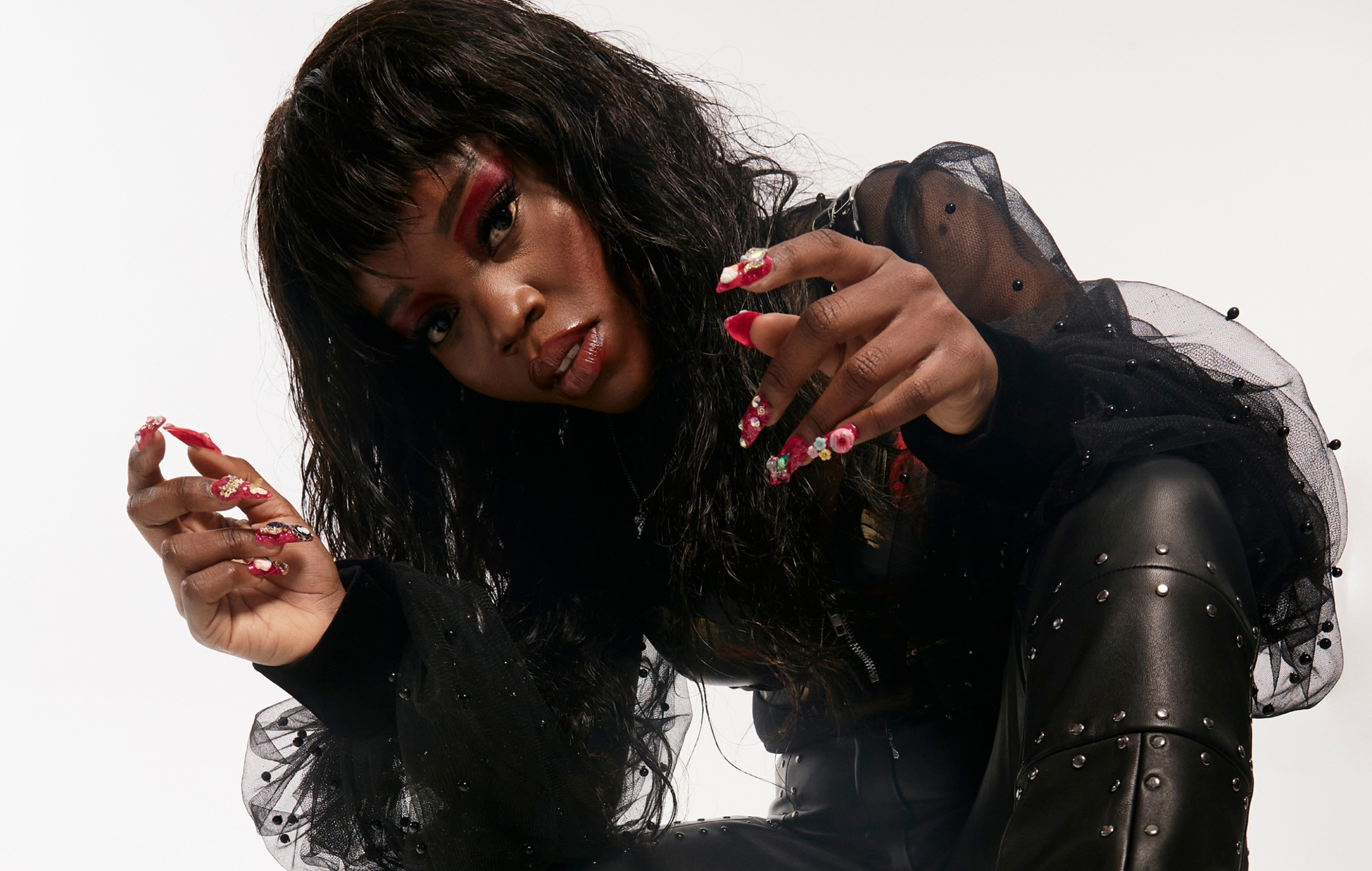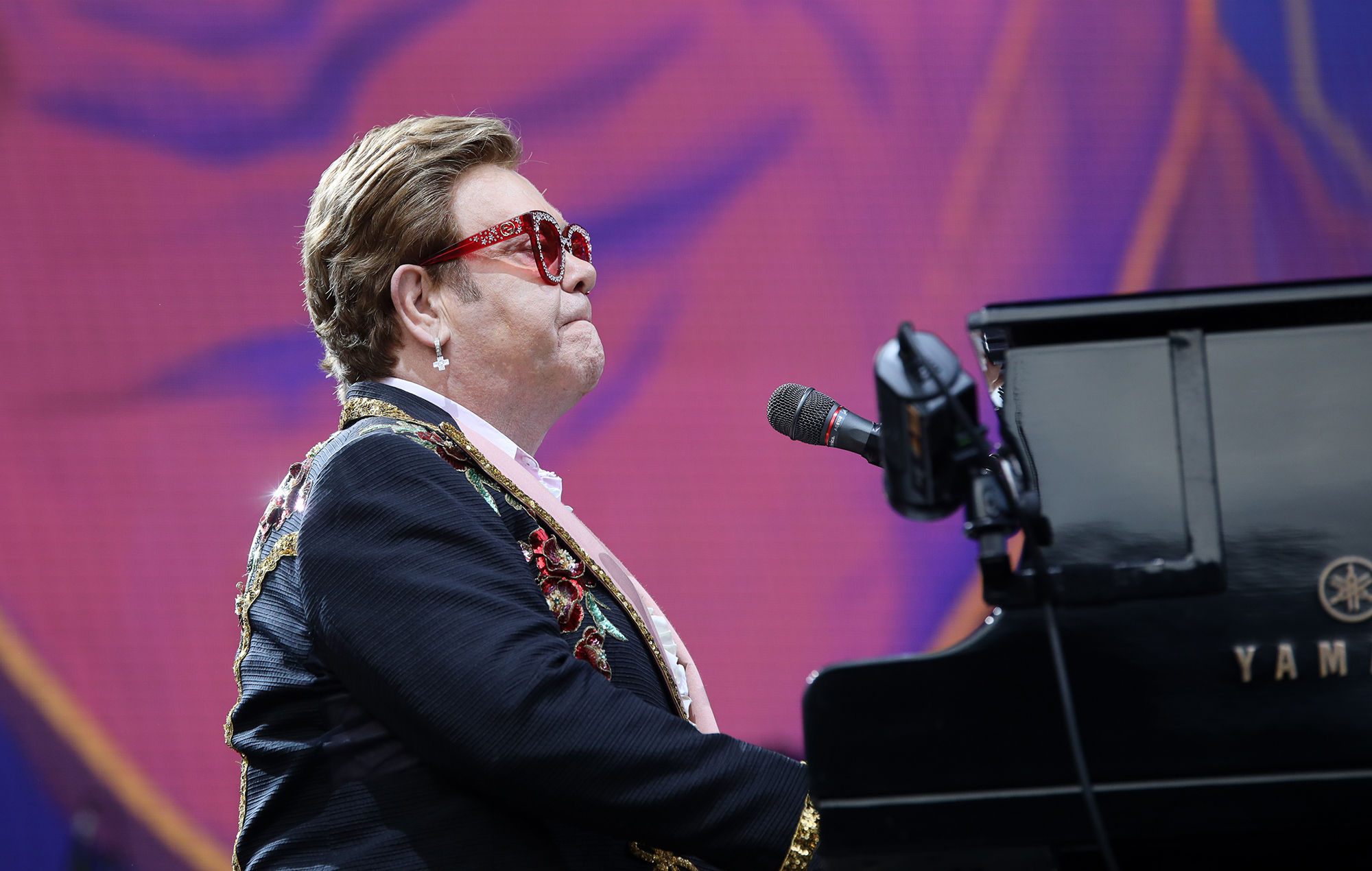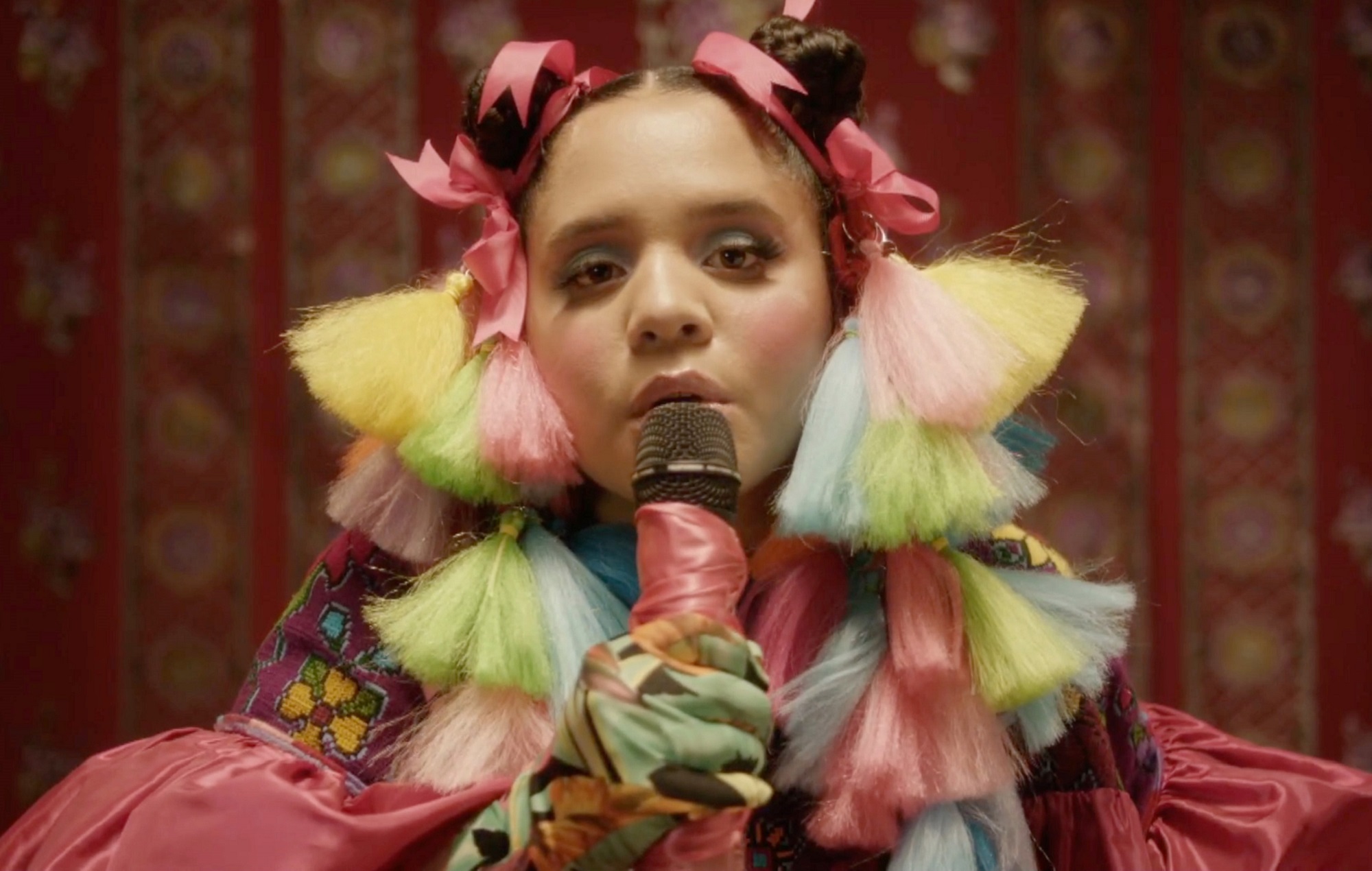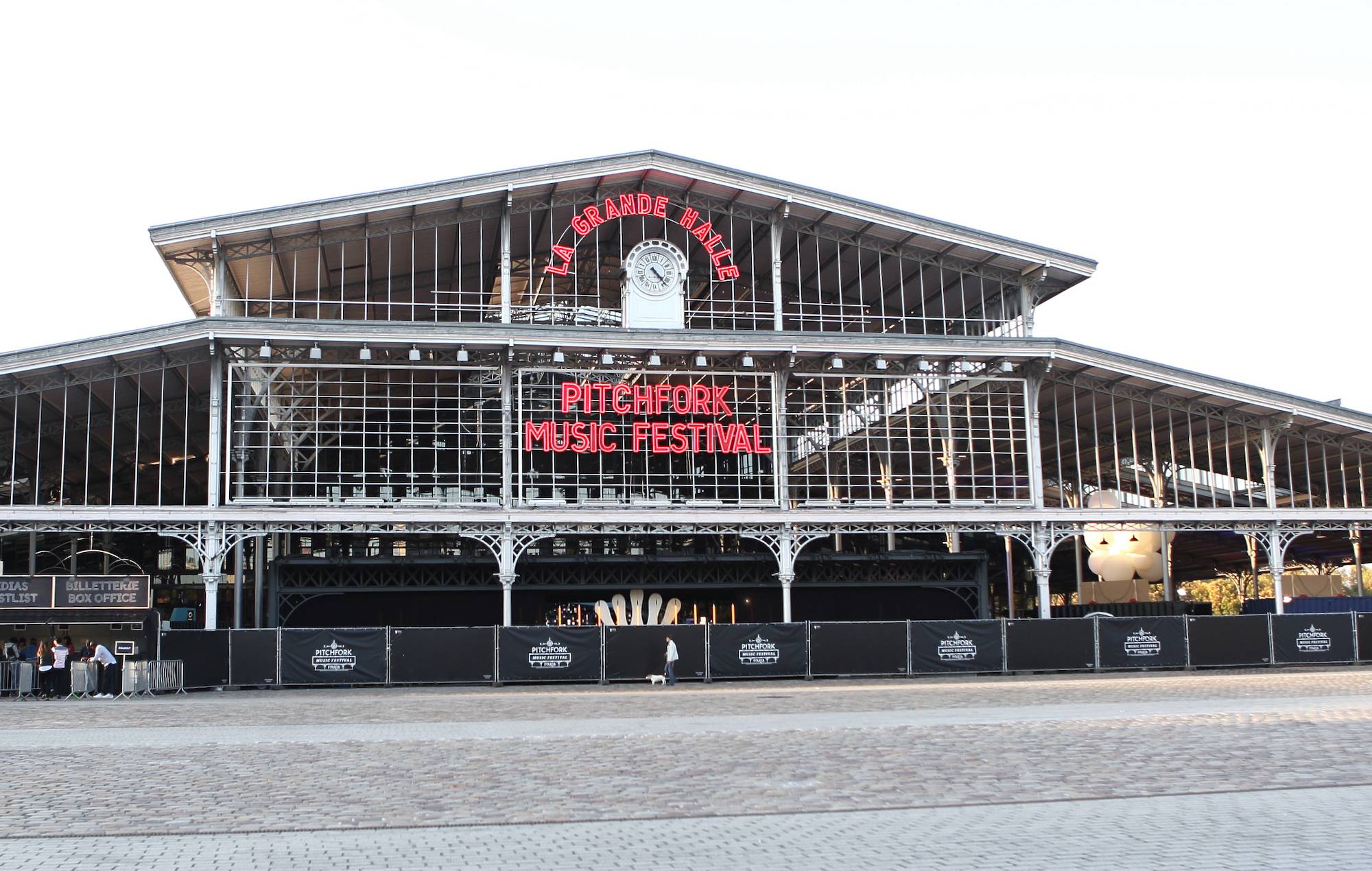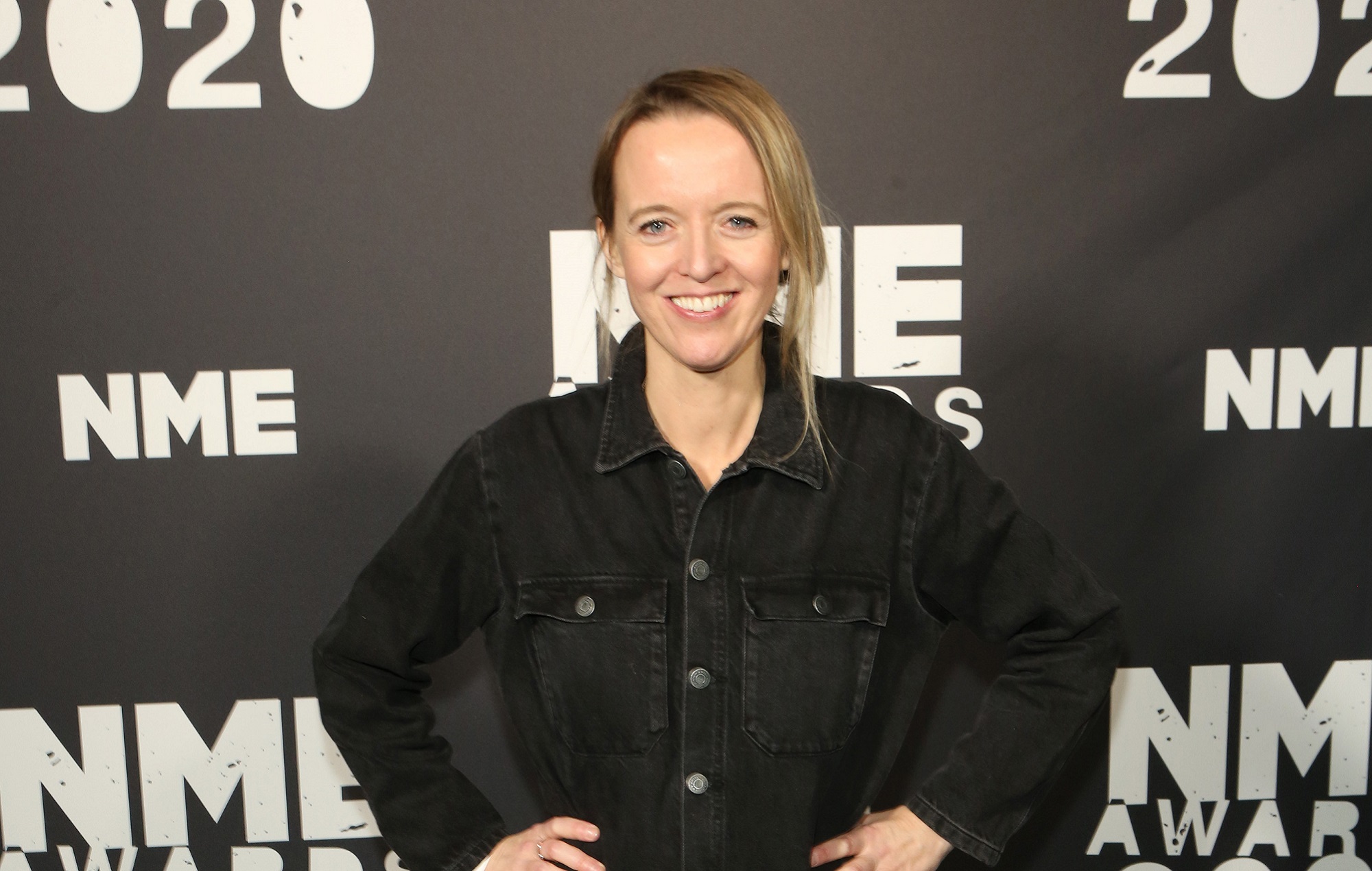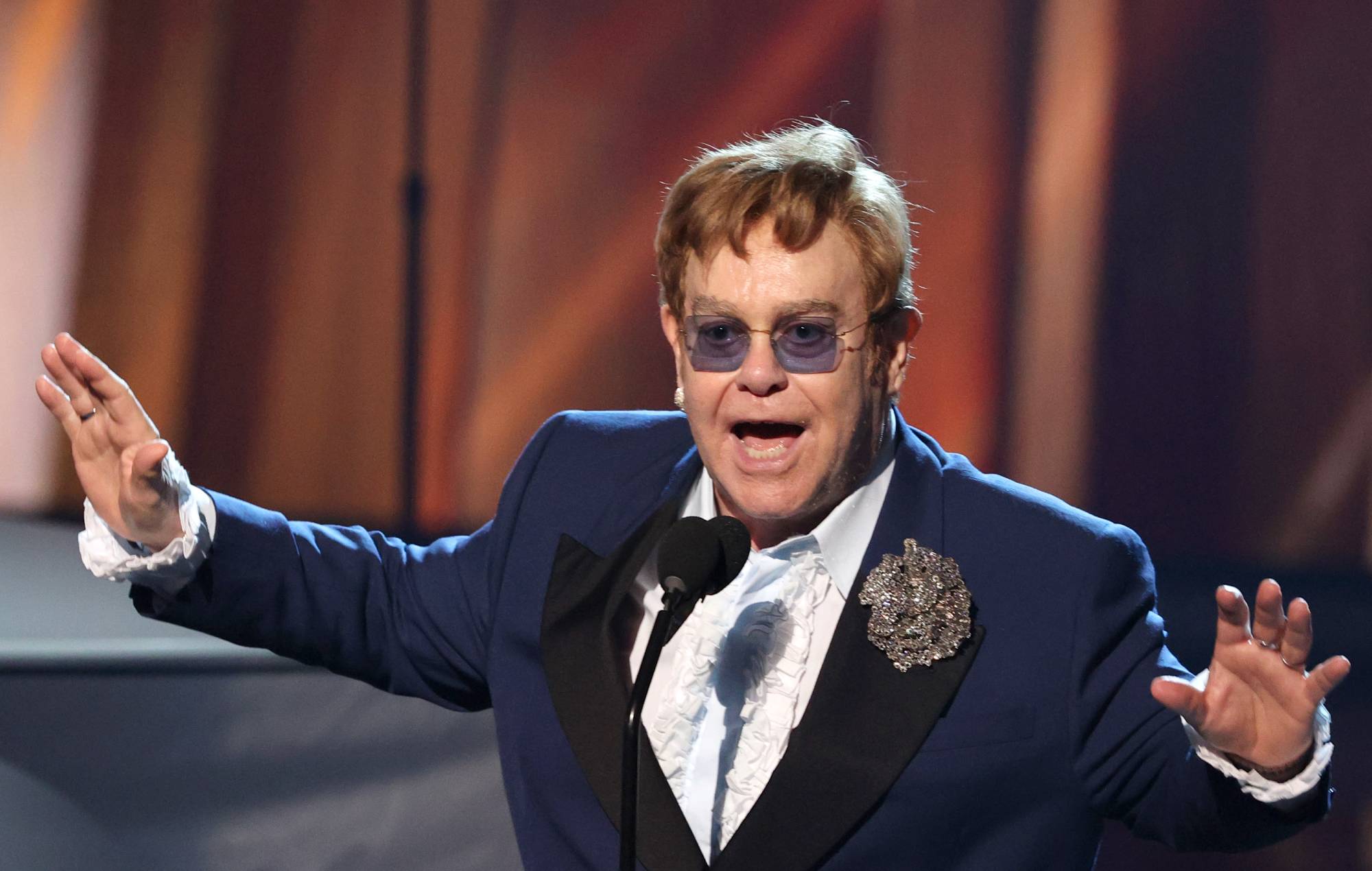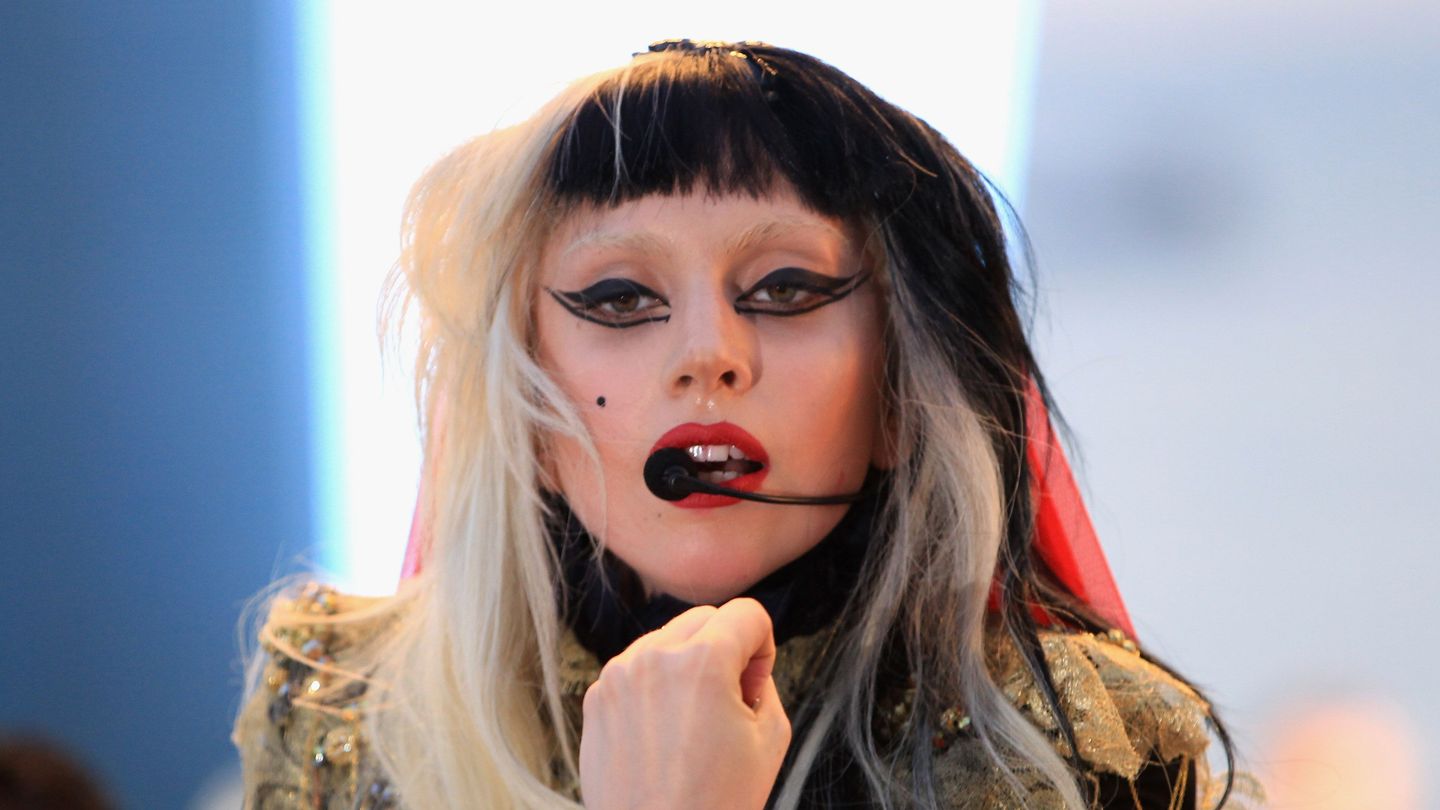I treated the release of Lady Gaga’s Born This Way as ceremoniously as any teen girl without her driver’s license could: by begging my mom to drive me to the mall to buy a physical copy. The record came out on May 23, 2011, the day before my fifteenth birthday. The timing was a cosmic coincidence, but if I closed my eyes, I could almost convince myself that the CD was a birthday gift from Mother Monster herself.
I’d hardly admitted I was queer to myself, let alone to anybody else. I carried a giant backpack stuffed with textbooks every day, but it was my identity that weighed on me as I walked through my high school. At the time, I viewed my sexual orientation as an inescapable curse that would alienate me from my friends and family. Like Gaga herself, I was born into a family of Italian-American New Yorkers and raised in the Catholic Church, where homosexuality is still far from embraced and often shunned. But Gaga took the religious imagery I knew and spun it into tales of twisted love (“Judas”), unapologetic pleasure (“Electric Chapel”), and defiant self-acceptance (the album’s anthemic, pro-LGBTQ+ title track). If Gaga, who was openly bisexual and already a personal hero, viewed me as “beautiful in my way ‘cause God makes no mistakes,” why couldn’t I?
With Born This Way as my soundtrack, I came of age and into my queerness. I chopped off all my hair to “Hair”; I fell in love with another girl to “The Edge of Glory.” I’ve spent the past decade of my life growing up, and Born This Way has transformed with me, too. I’ve found new songs to love, fresh reasons to laugh at Mother Monster’s lyrics, and clear lenses through which to critique it. And as I’ve learned through conversations with Gaga’s collaborators and fans who still cherish the album today, I’m not alone.
Born This Way arrived on the heels of The Fame, Gaga’s radio-friendly 2008 debut album, and The Fame Monster, her theatrical, more avant-garde 2010 follow-up. At just 25, the singer-songwriter had already bled onstage at the MTV Video Music Awards, performed sold-out shows around the world, and scooped up five Grammys. Inspired, Gaga leveraged that cushy moment to make a record bigger than herself, something that would speak directly to the swaths of Little Monsters who already idolized her provocative presentation. This was the woman who wasn’t afraid to sing about sex, who shamelessly identified “the gay community” as the greatest thrill in her career thus far. “She was literally becoming an icon in front of our eyes,” her trusted songwriting and producing collaborator Fernando Garibay tells MTV News.
